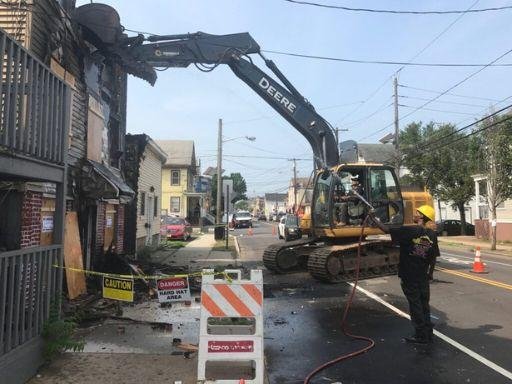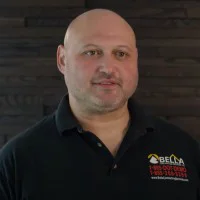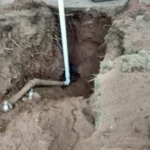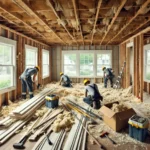
Despite the amount of noise that many Americans live with, no one ever seems to get used to construction and demolition-related noise. That’s why it’s important to understand the by-laws regarding noise when it comes to demolition projects. Every contractor should know the rules and regulations related to demolition, but that doesn’t mean that everyone else does. People may not fully understand the laws pertaining to noise or the noise mitigation techniques used by many contractors.
We’ll be highlighting the by-laws regarding noise from demolition projects, as well as the methods used in noise control:
Noise Rules & Regulations
The Connecticut noise-related statutes and regulations state that “noises” are the intensity, frequency, duration, and character of sounds from one or more sources. They can include vibrations and frequency. In the case of demolition projects, a high volume of noise is often a common occurrence.
The common noise culprits during demolition projects include:
- Heavy equipment engines
- Jackhammers
- Compressors
- Saws
- Slamming tailgates
These noises can interfere with or disturb the peace when people are looking for a little bit of quiet time.
Demolition & Construction
To ensure that no demolition or construction projects are impeding the sleep that people need during the night, the hours of operation for these projects have been regulated. According to the Municipal Noise Regulation Programs, no person, association, or corporation shall engage in or undertake any construction or demolition activities between 10 pm and 7 am Sunday through Thursday, and 11 pm to 8 am on Friday and Saturday. This prohibits the use or operation of any mechanical, electrical, or battery-operated machinery that can disturb the peace.
While demolition jobs don’t often call for nighttime work, construction is often required during late hours. In the event of an emergency or situation where nighttime construction is necessary, a special permit must be obtained from the director of buildings and inspections or the city engineer.
Any violation of this section in the municipal code would be a misdemeanor of the fourth degree.
Noise Reduction Methods
There are numerous ways that noise pollution can be decreased during a demolition job. This may include using noise barrier methods, such as enclosing the source with sound-absorbing materials. While it won’t completely rid the noise, it can block sound waves coming from the source and help mitigate noise levels.
Another way to reduce noise is to eliminate design flaws that may cause your equipment to become noisy. Optimizing the demolition site before starting can go a long way in lessening the volume of sound. Yes, there will still be a considerable amount of noise, as with any demolition job, but cutting down on loud equipment or vibrations from tools will make a significant difference.
When planning a demolition job, you should get a team of reliable and experienced demolition contractors in Connecticut to handle the project. We can take on large, challenging, or delicate jobs of any size, all while being mindful of the noise by-laws. Contact us today and see what we can do for your commercial or residential project.



